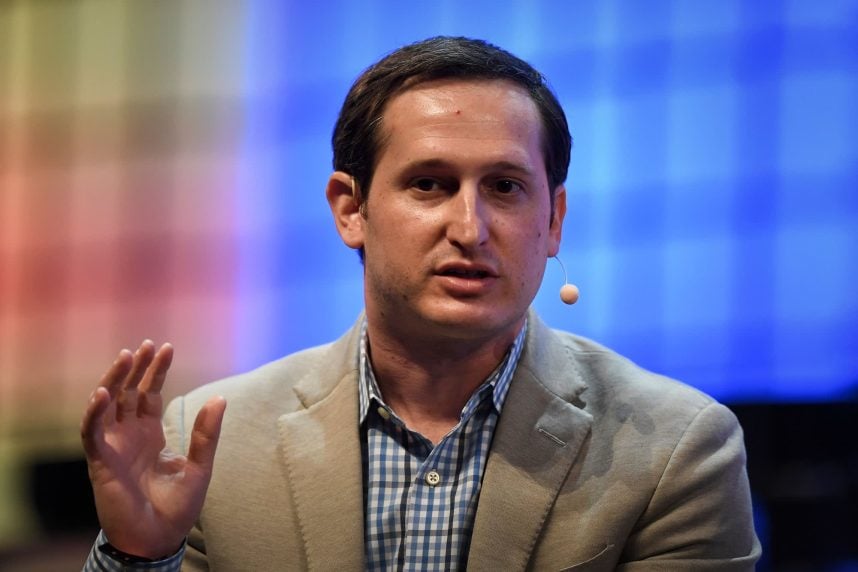Next year could be more active in terms of state-level legislation aimed at online sports betting and iGaming following a series of disappointments in 2024, according to DraftKings (NASDAQ: DKNG) CEO Jason Robins.

Speaking on Craig-Hallum’s 4th Annual Online Gaming conference call earlier today, Robins said his company is “really excited about the state legislative front” in 2025. Broadly speaking, 2024 was slow in terms of bills designed to legalized mobile sports betting and internet casinos, something the DraftKings co-founder and chief executive officer attributed to this being an election year. He sees things improving next year.
I think this year coming up, 2025, we’re going to get some real momentum potentially even get some iGaming bills over the hump, which should be great,” said Robins in response to a question from Craig-Hallum analyst Ryan Sigdahl.
No new states approved iGaming this year and the only that joined the online sports betting party in 2024 was Missouri, which did so after voters approved a related ballot proposition on Election Day.
Robins Didn’t Name Potential iGaming Newcomers
This year, there were some iGaming legislative attempts and plenty of rumors to that effect, but no bills even made it to governors’ desks. Currently, just seven states — Connecticut, Delaware, Michigan, New Jersey, Pennsylvania, Rhode Island, and West Virginia — permit that form of wagering.
For his part, Robins didn’t speculate as to which states could be viable candidates for approving internet casinos next year, but it’s widely believed policymakers in New York will reintroduce related legislation and there’s momentum in the state for those bills. Among the other large states, Illinois has also been frequently floated as a 2025 iGaming possibility.
Regarding sports betting approvals, Robins mentioned Minnesota, noting he’s hopeful that state will sign off on that form of wagering next year, but those comments appear to have been made in reference to Sigdahl hailing from that state.
With California and Texas highly unlikely to advance sports betting ballot propositions to voters in 2025, Georgia and Minnesota are likely to remain the focus of sportsbook operators. A related effort failed this year in Georgia and there are complexities in Minnesota owing to the state’s compacts with tribal gaming operators. Including Missouri, 39 states and Washington, DC permit some form of regulated sports betting.
Robins Keeping an Eye on Tier 2 Competitors
The current state of the US online sports betting market amounts to a duopoly of FanDuel and DraftKings with those two operators controlling more than 70% of the space, but that dominance doesn’t mean those companies are resting on their laurels.
Robins noted to Sigdahl that the DraftKings investor relations team is frequently asked by shareholders about Tier 2 competitors. He added that the aforementioned duopoly could be hard to crack, but that doesn’t imply DraftKings isn’t taking seriously competitive threats from smaller rivals, which he didn’t identify by name.
“But we also don’t take anything for granted. I think that everything that we do every day, we have to earn with the customer, and we realize that,” said Robins. “And there’s always a potential for disruption if you take your eye off of that. So, I think having that edge, having the ability to always point to somebody that’s coming after us has been helpful.”
The second tier of US sports betting is occupied by a variety of companies, including BetMGM, Caesars Sportsbook, Fanatics, and Penn Entertainment’s ESPN Bet.
The post DraftKings CEO Robins Says More iGaming Legislation Could Emerge in 2025 appeared first on Casino.org.




